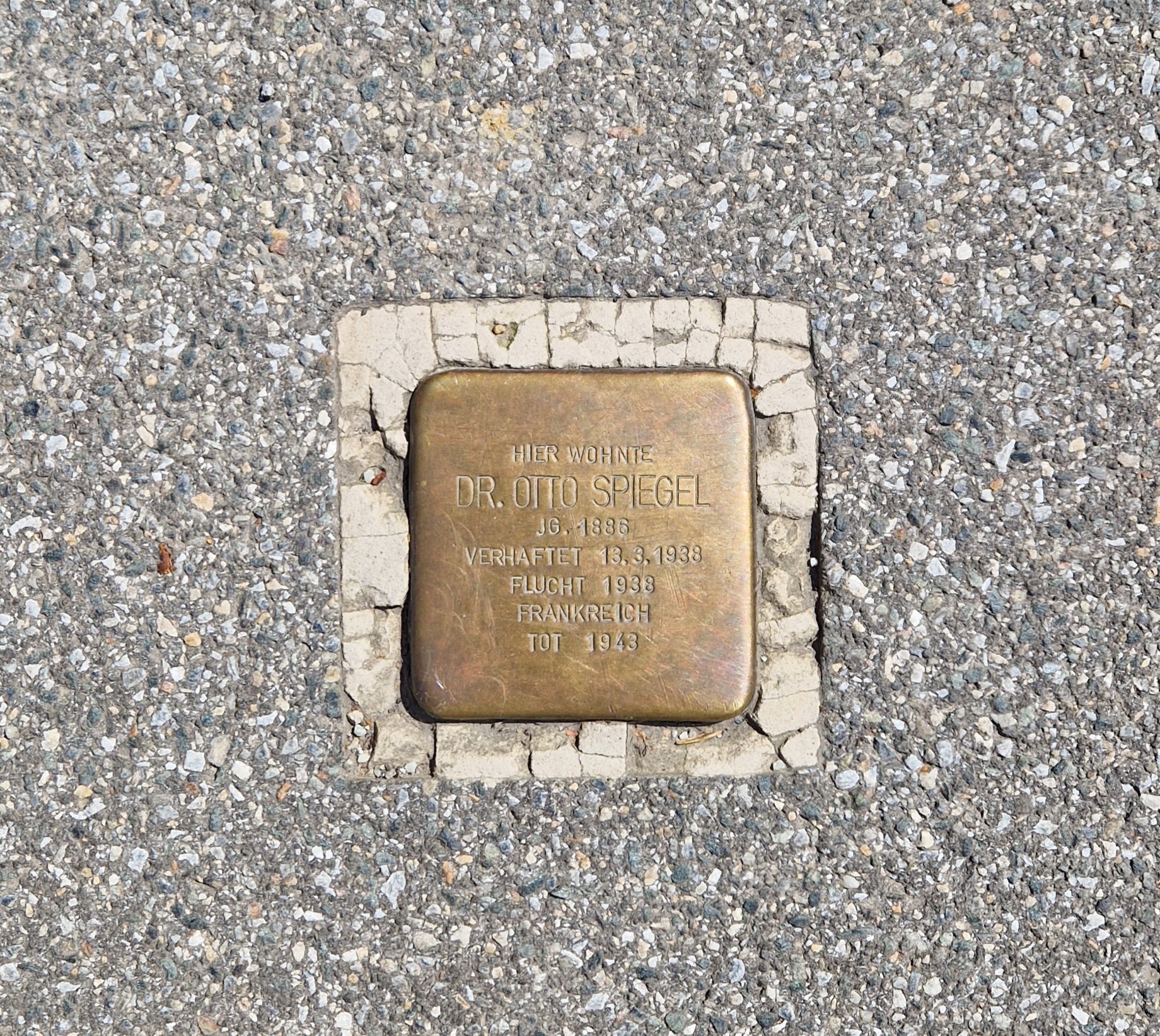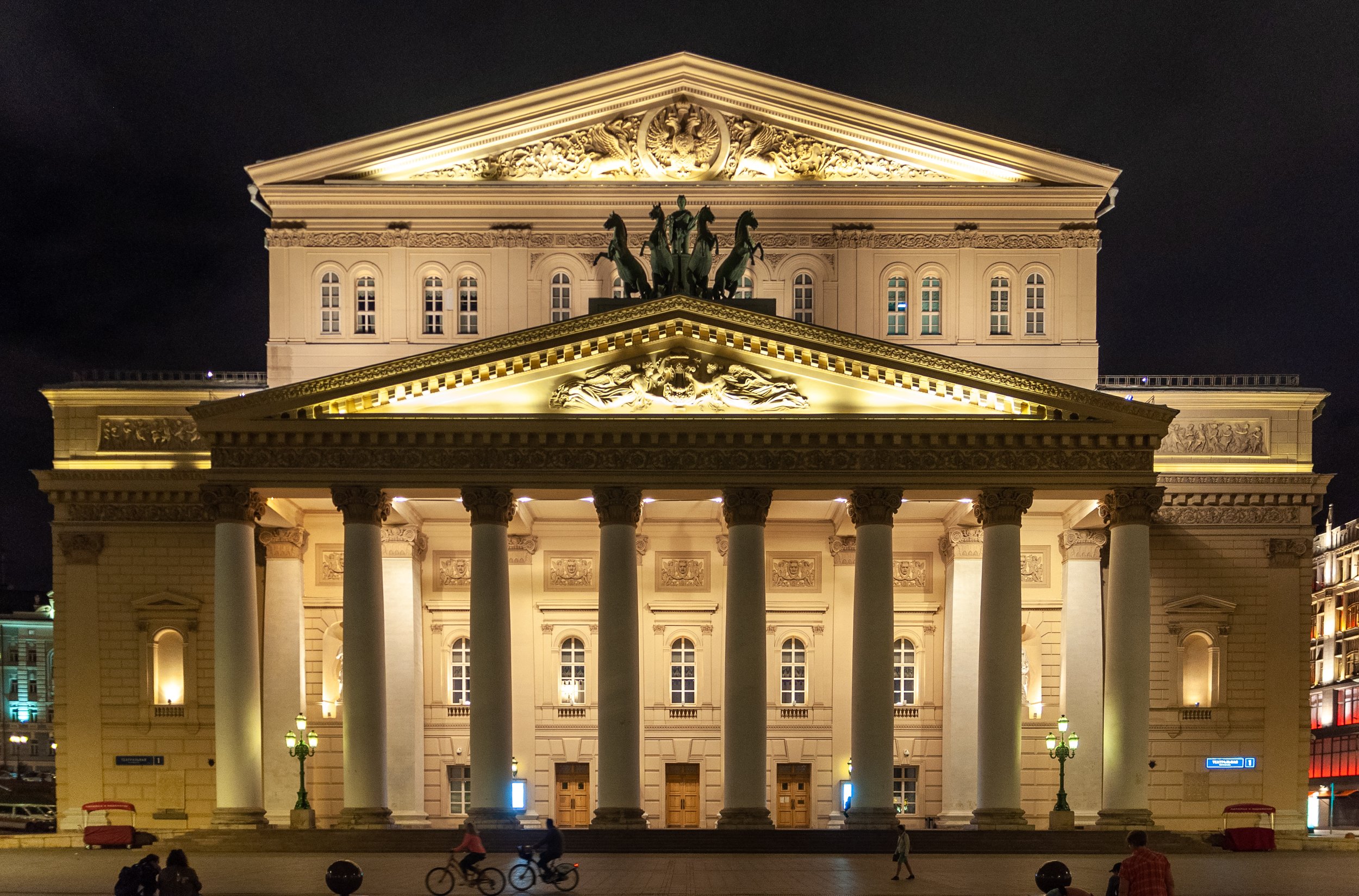Sumar: new hope for Spain’s left or a tool for the right to divide?
Lara Zand explores new political party Sumar’s potential to reinvigorate the country’s progressive politics
Motomami: A Brief Study on Rosalía’s Cultural Appreciation
Motomami: A Brief Study on Rosalía’s Cultural Appreciation
Von Preisverleihungen und Hinterhoflesungen: Ein Bericht über die Leipziger Buchmesse
In her thoughtful account, Michelle Schreiber describes the Leipzig book fair— from its unannounced backyard readings, to its awards, she covers it all, and does so both in German and in translation.
Stumbling Stones in Holocaust Memory: Gunther Demnig’s Stolpersteine
German editor Freya Swinburne takes us on a tour of the German memorial landscape as she traces forgotten pasts through Gunther Deming’s Stolpersteine.
Jan Matejko’s Skarga’s Sermon: A Flawed Masterpiece Misunderstood?
Marcelina Palamar introduces us to the complicated work of Jan Matejko, one of Poland’s most famous artists, revealing that despite Matejko’s grand intentions, a failure to consider his spectator’s lack of contextual knowledge eventually betrays him.
Why the media’s utopianism of Italy is something I treasure
Echoing her mother’s bittersweet, sociopolitical awareness, Rebecca Turner explores the beauty of Italy. Reflecting on what is broadcasted in film and photography, she ponders the harsh truth of Italy’s social and political reality, as well as the lack of awareness surrounding it.
Le donne silenziate: the foundations of the Italian patriarchy
Le donne silenziate: in this first instalment, Hannah Burfield focuses on the general background of unequal power dynamics within Italy. She expands on traditionalism, in anticipation of the 20th century emergence of feminism
My alter ego is a techno diva living in Amsterdam
“There’s no better way to encapsulate it: Mavi is pure, casual magic”: Anja Gogo discloses her fieldnotes of a gem worth discovering, from the Internet to the Internet.
Russophonia: A Beginner’s Guide to Russian-Language Music
Unsure of how to improve your Russian? Fear not, Camille McCarthy will ease you gently into the world of Russian-language music. Beginning with pop and Pussy Riot, and making apt recommendations for lovers of Rex Orange County and Drake fans alike, this piece will set you on a path to Russian music Nirvana (no pun intended).
The Bizarre World of Bruno Schulz: Legs, Boredom and ‘Demonology’
In another insightful exploration of Eastern European artists, Marcelina Palamar takes a look at the eccentric Bruno Schulz. Discussion of his use of the cliche-verre technique, his fusion of identities and the critical response to his work all come together in this informative piece on the artist and his life.
A Modern Manifesto for Russian Studies
Camille McCarthy gives us her thoughts on consuming Russian culture in an ethical way. Her thought-provoking manifesto encompasses the legacy of empire and the regime’s official patronage initiatives, as well as the thorny question of how to define a nation’s culture.
The Queer Body of Christ
Drawing on a wealth of primary materials from the Middle Ages and an array of secondary literature, Staff Writer Jude Jones explores the how the body of Christ is fundamentally queer in an eloquent and sophisticated piece.
Im Westen nichts Neues: in Kriegsfilmen nichts Neues?
In this German language article, German Editor Freya Swinburne reviews Edward Berger’s highly acclaimed ‘All Quiet on the Western Front.’ In her broad analysis of this cinematic spectacle, she explores the extent to which the film fits the war film formula, and its significance for modern German culture.
WO BIST DU JETZT? – Dislocation in Olivia Wenzel’s 1000 Serpentinen Angst
In this thoughtfully considered article, staff writer Beattie Green sensitively reviews Olivia Wenzel’s debut novel 1000 Serpentinen Angst. In doing so, she explores the questions it raises, which, in some way or another, come to affect all of us.
Strasbourg (or Straßburg): A German City in France?
Staff writer Ollie Merriman explores the intercultural dynamics that converge on Strasbourg. In his explorations of the culture, architecture and history of this French border city, Ollie not only considers the identity of Strasbourg itself, but, rather, Europe as a whole.
Franco-Maghrebine Attitudes: Frigid Shores on the Mediterranean
Staff Writer Frey Delap explores the strained relationship between France and its former colonies in North Africa, questioning whether political actions can ever truly influence cultural attitudes.
A Love Letter to Pierogi
Marcelina Palamar tells us about the wonderful dough creations that are pierogi, as well as giving us an idea of their cultural (and personal) significance.
Day X, the AfD, and Hans Fallada: an author born 130 years ago and the rise of the new German far-right
Sofia Johanson, editor of the Russia, Eastern Europe and Central Asia section, comments on the ascendance of the far-right in Germany with the help of a novel published in 1947.
Stanisław Szukalski: A (self-proclaimed) Genius
In another insightful re-assessment of Polish art, Marcelina Palamar introduces us to the eccentric genius, Stanisław Szukalski.
Legacy on Display: The Museum of Soviet Occupation in Tbilisi
Rosa Hollier Phelps takes us around the Museum of Soviet Occupation in Tbilisi, Georgia, exploring the legacy of Communism in her new home.



















